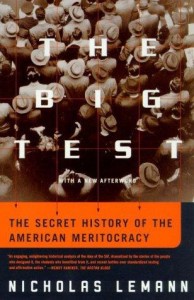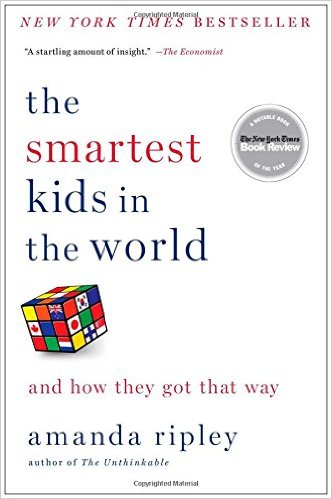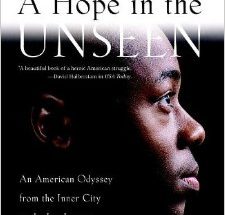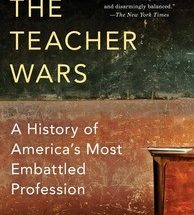
I’ve never been a fan of standardized tests, particularly the SATs, and their importance in college admission decisions. For that reason, I was hoping that The Big Test, The Secret History of the American Meritocracy by Nicholas Lemann would give me more reasons why the SATs and other similar tests created by the Educational Testing Service should be less significant.
One of Lemann’s strongest points is that these tests actually hinder the ability of less privileged students to get a college degree. The end result is a new elite class, a meritocracy of those who scored high on the test.
I grew up in a culture of meritocracy that benefited my parents, helping them move up in class both economically and socially, which of course later gave me the same benefits. But my background did not change my opinion of these tests.
The second half of The Big Test focuses on the career of a lawyer named Molly Unger, who also benefits from the meritocracy, earning a degree from Harvard Law School, and making money through practicing corporate law. But she feels unfulfilled and goes to work for the NAACP Legal Defense Fund in Los Angeles. She is partially inspired to work there by her two teenage babysitters, sisters who are half black and half Persian and live in the poor section of affluent Pasadena, CA.
One of the sisters studies voice at the Curtis Music School in Philadelphia. The other, Lisa, goes to Berkeley with hopes of attending law school and then working at the Western Justice Center in Pasadena. But when Lisa takes a Kaplan prep course for the LSATs, she discovers that she has a severe reading disability, which, throughout her schooling, was either not recognized or ignored. She was promoted through secondary school despite her reading issues, put in the all-black, slow reading track in high school. Berkeley accepted her because of good grades, high SAT math scores and affirmative action. But she eventually had to give up on her dream of becoming a lawyer.
In the book’s new afterword, the author suggested replacing the SAT with a national achievement test that “would require mastering the high-school curriculum,” and “put pressure on all students to study harder and on schools to teach them better.” That test, in my opinion, would be a better judge of academic success in college than the SAT, but probably not fully prevent a situation like Lisa’s from happening. The SAT does create a meritocracy, but is not the only thing that needs to be remedied to give more people educational advantages.



